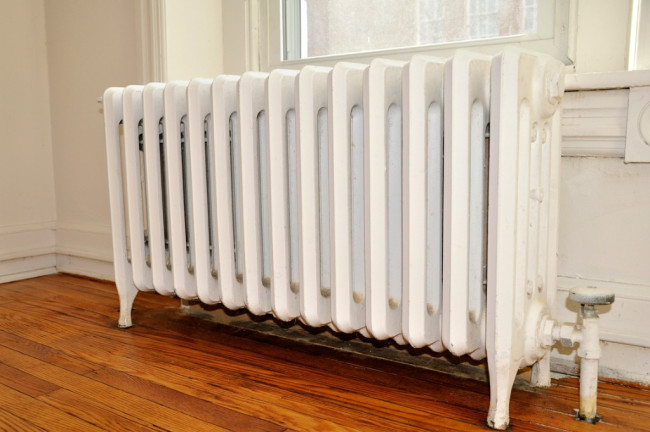Heat season is underway—building owners face fines if apartments are too cold

This year's heat season continues until the end of May 2021.
iStock
If you live in a rented apartment in NYC, your building owner is required to keep the indoor temperature during the day at 68 degrees when it falls below 55 degrees outside. This is called "heat season," and it runs from October 1st through May next year. Your building owner also faces inspections and fines if they don't keep indoor temperatures above 62 degrees overnight. Plus, they are legally required to provide hot water at 120 degrees year-round.
HPD inspectors have been doing health and safety checks throughout the pandemic, clocking up over 100,000 heat and hot water inspections. Staying healthy through the winter is more important than ever with the risks posed by the coronavirus.
“As we continue our efforts to protect New Yorkers during this pandemic, it is essential that we get the basics right, including ensuring that everyone has access to safe and decent living conditions,” says State Senator Brian Kavanagh, chair of the Senate Housing Committee.
If you don’t have heat, here's how to get your landlord to fix it: First contact your building super, manager or owner to let them know. If you don’t get a response or resolution, call 311, which should alert the Department of Housing Preservation and Development. Getting HPD involved can include a site visit—and the average time from complaint to inspection is just over two days.
If a landlord fails to keep your apartment and building safe and livable at all times it is a breach of the warranty of habitability. In the last year HPD completed a total of $1.1 million in heat-related emergency repairs, such as fuel delivery, boiler repairs or hot water repairs.
You Might Also Like


























